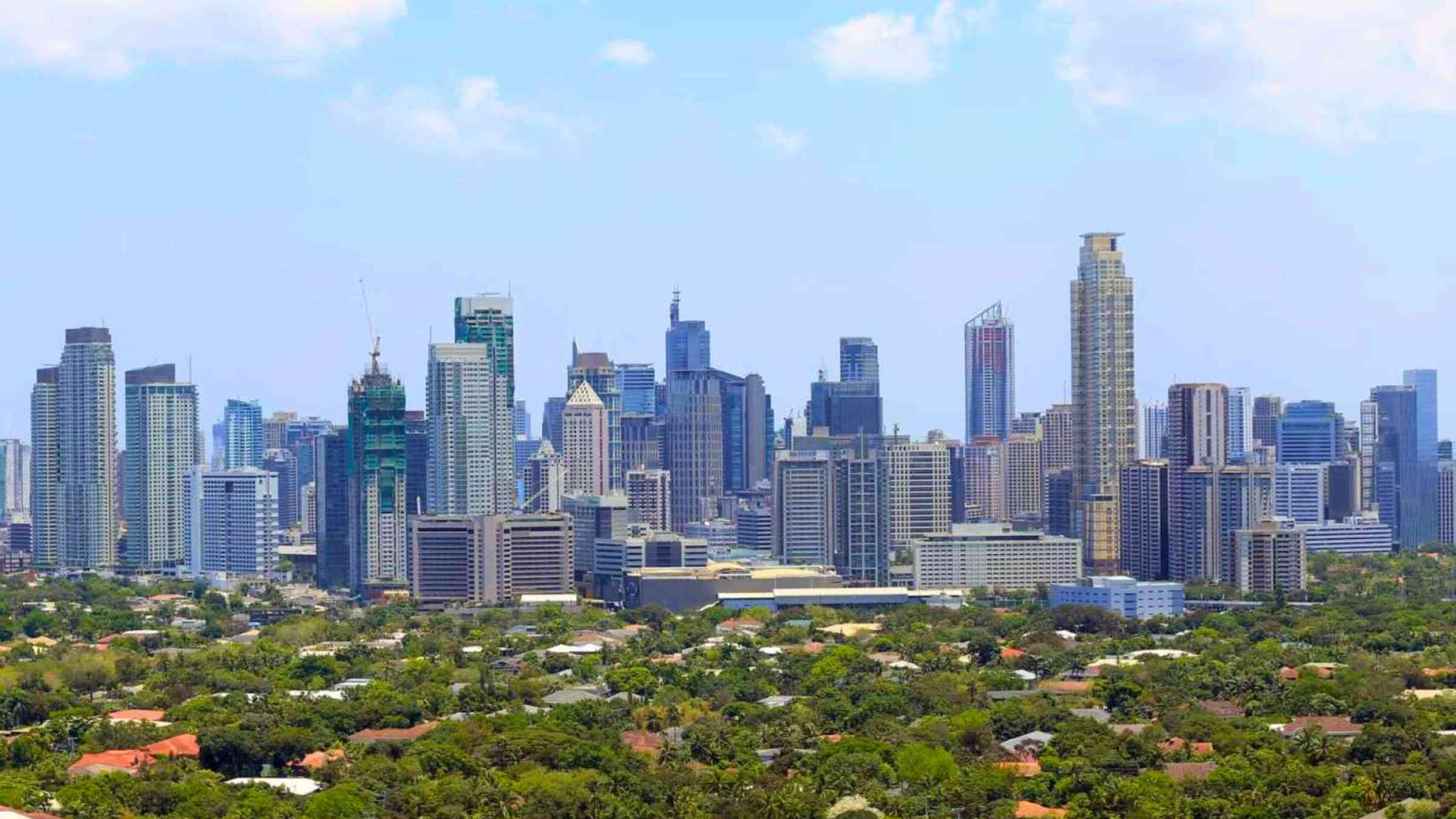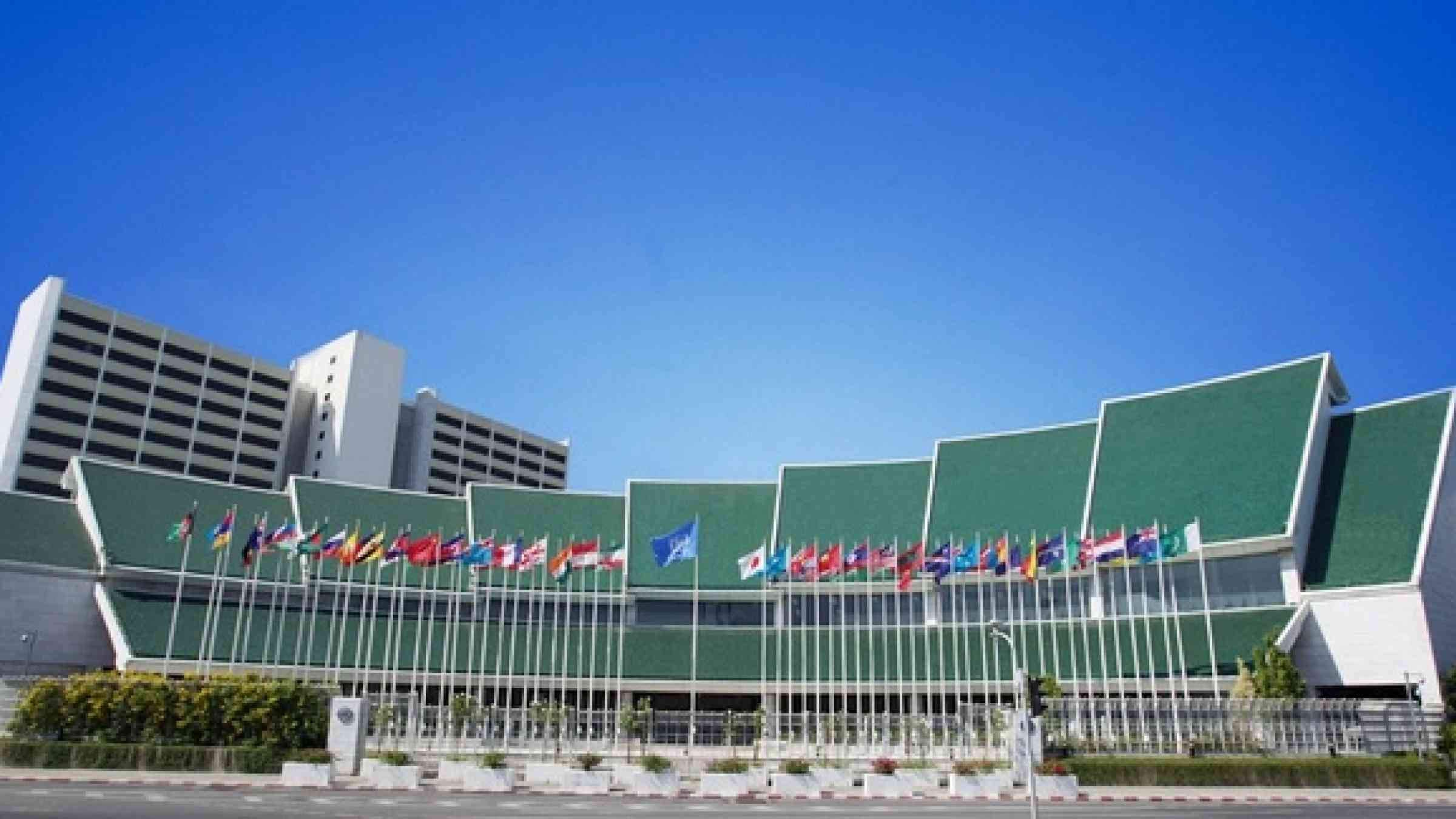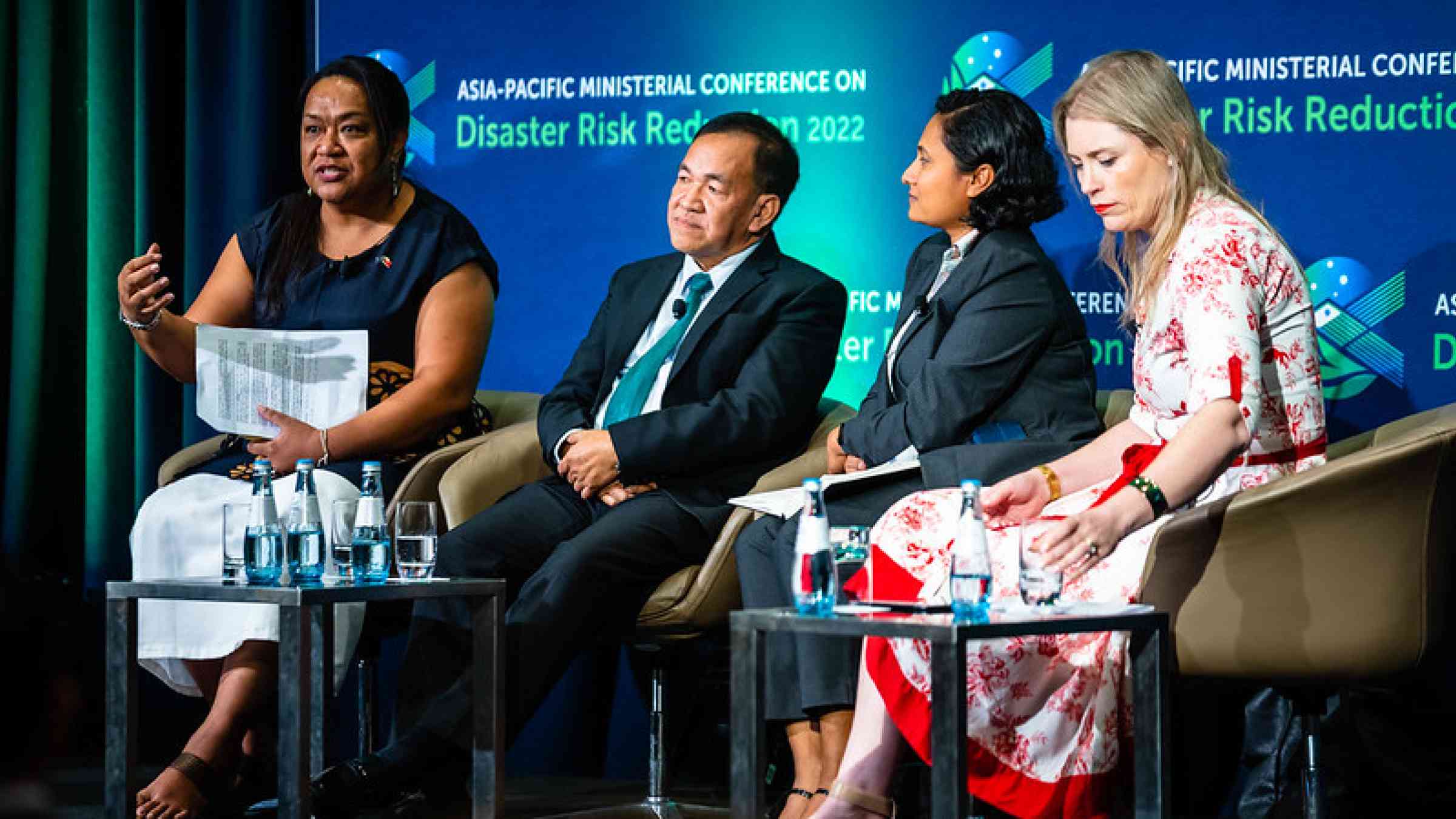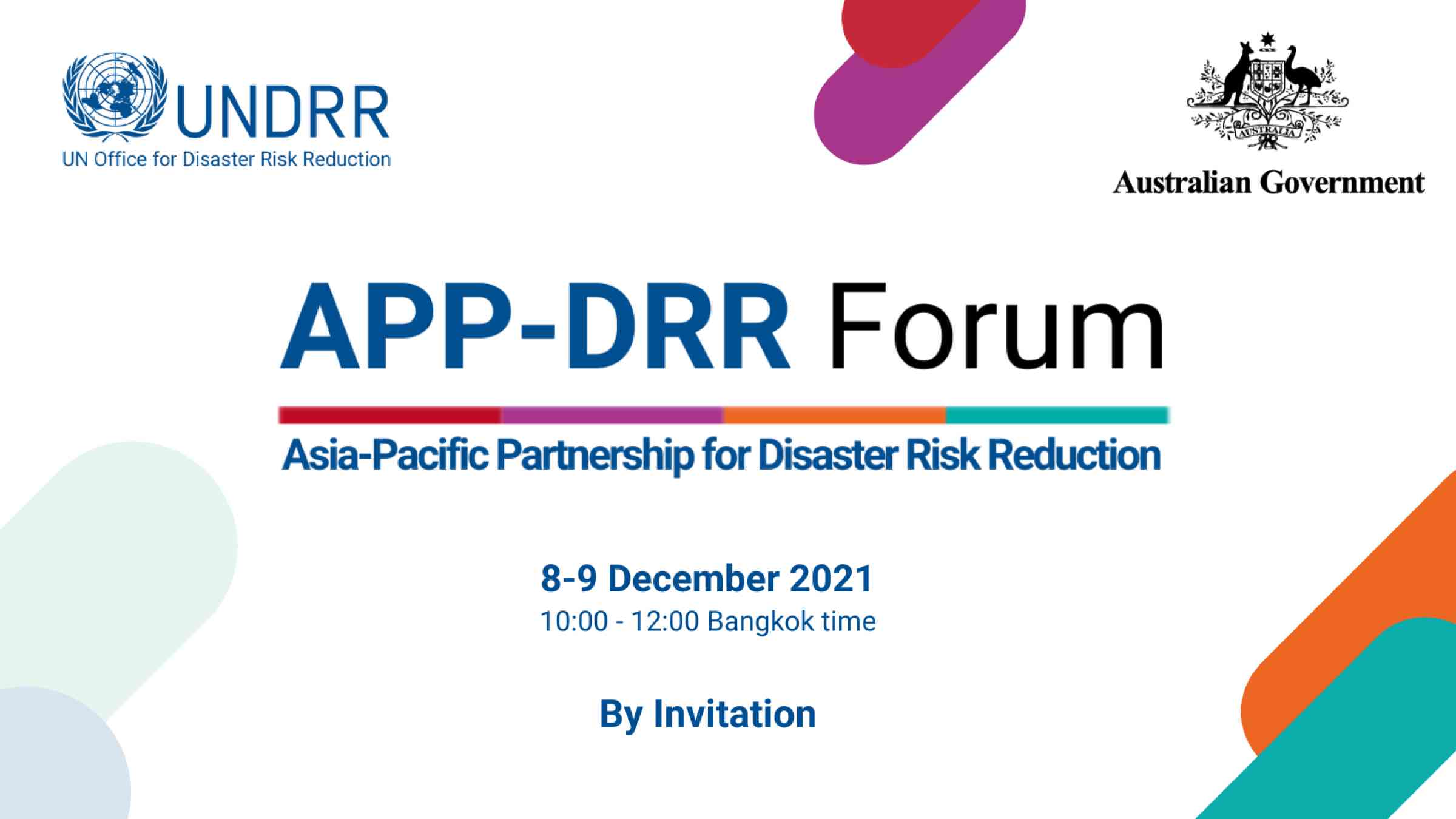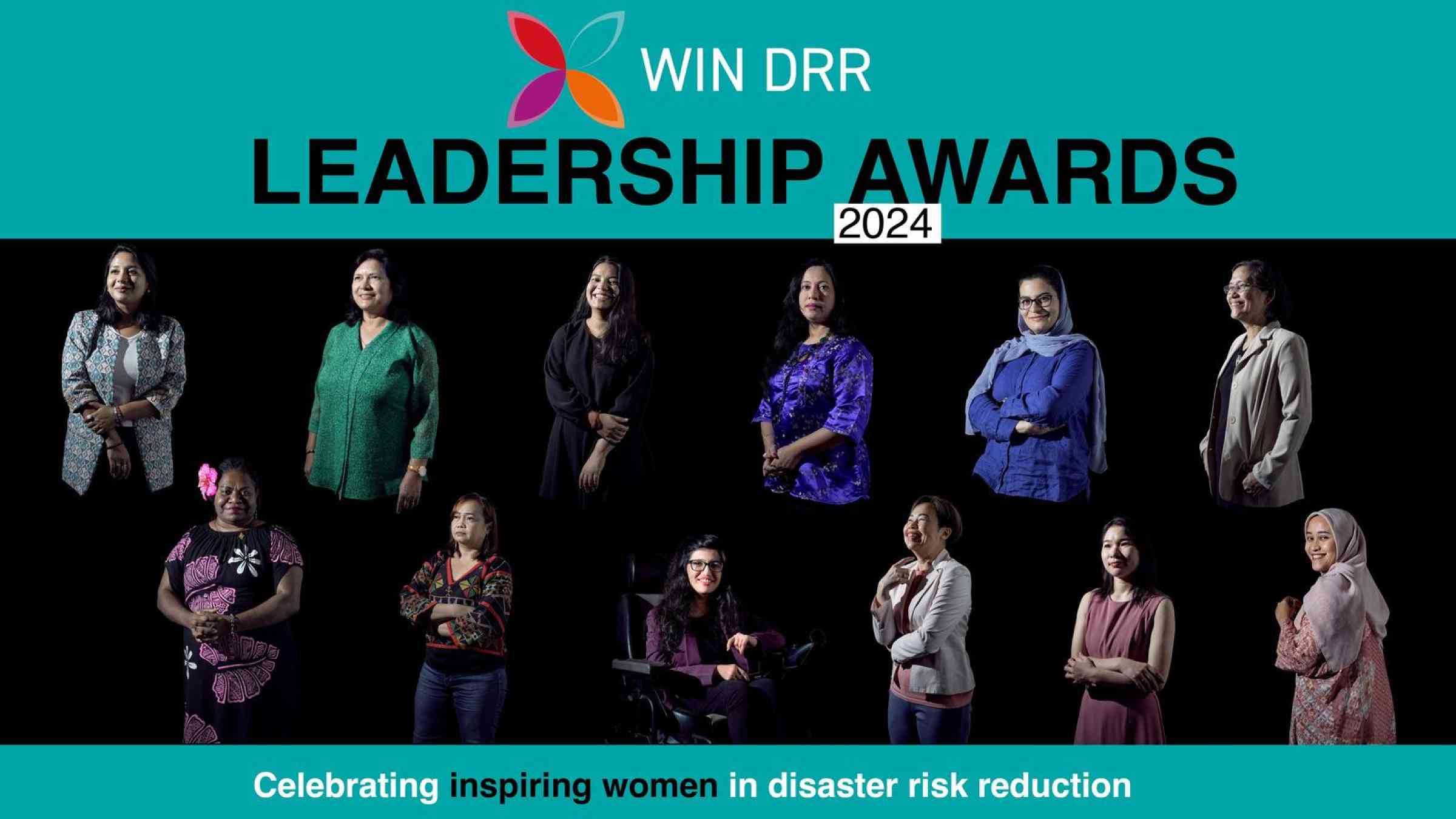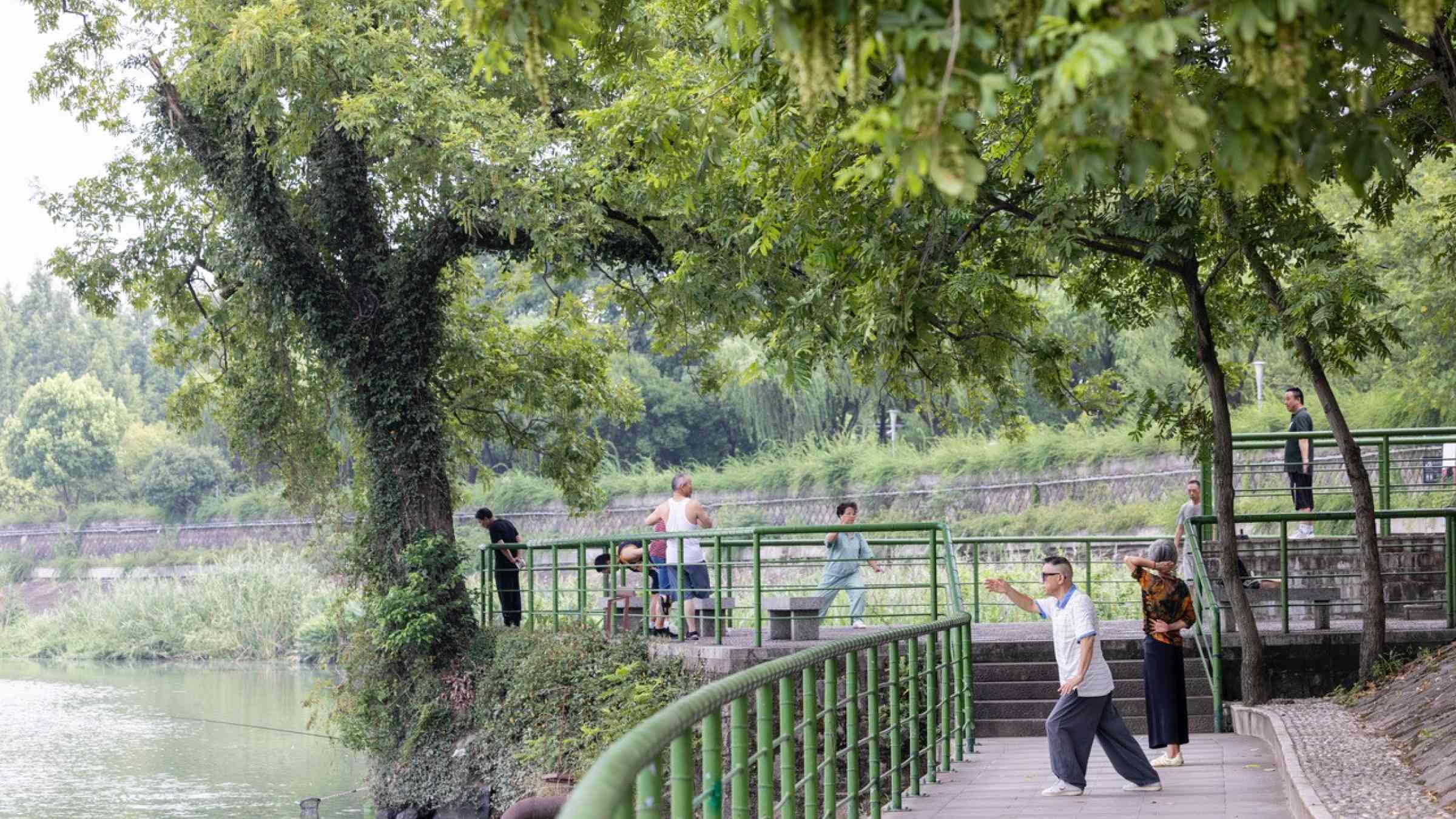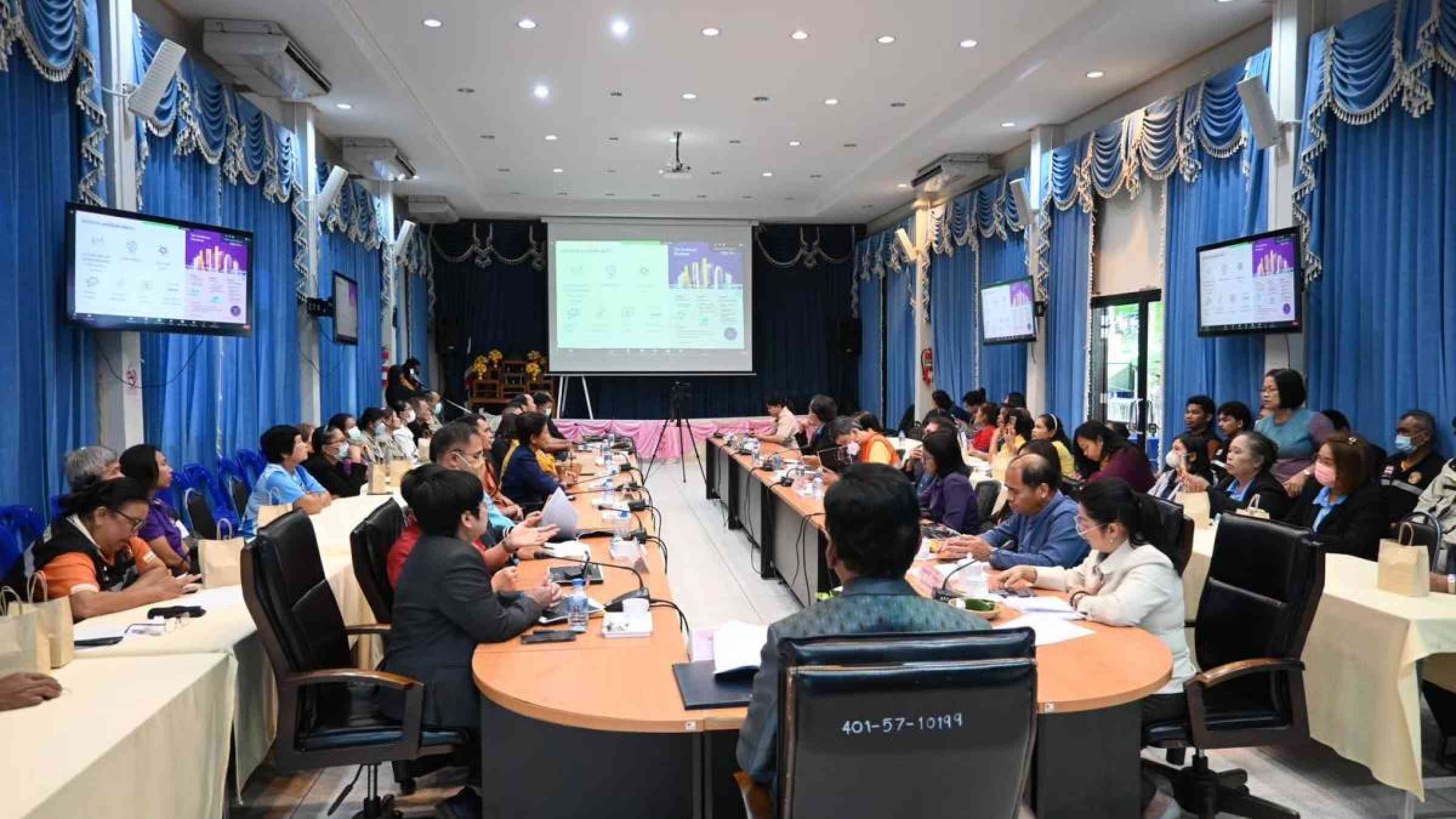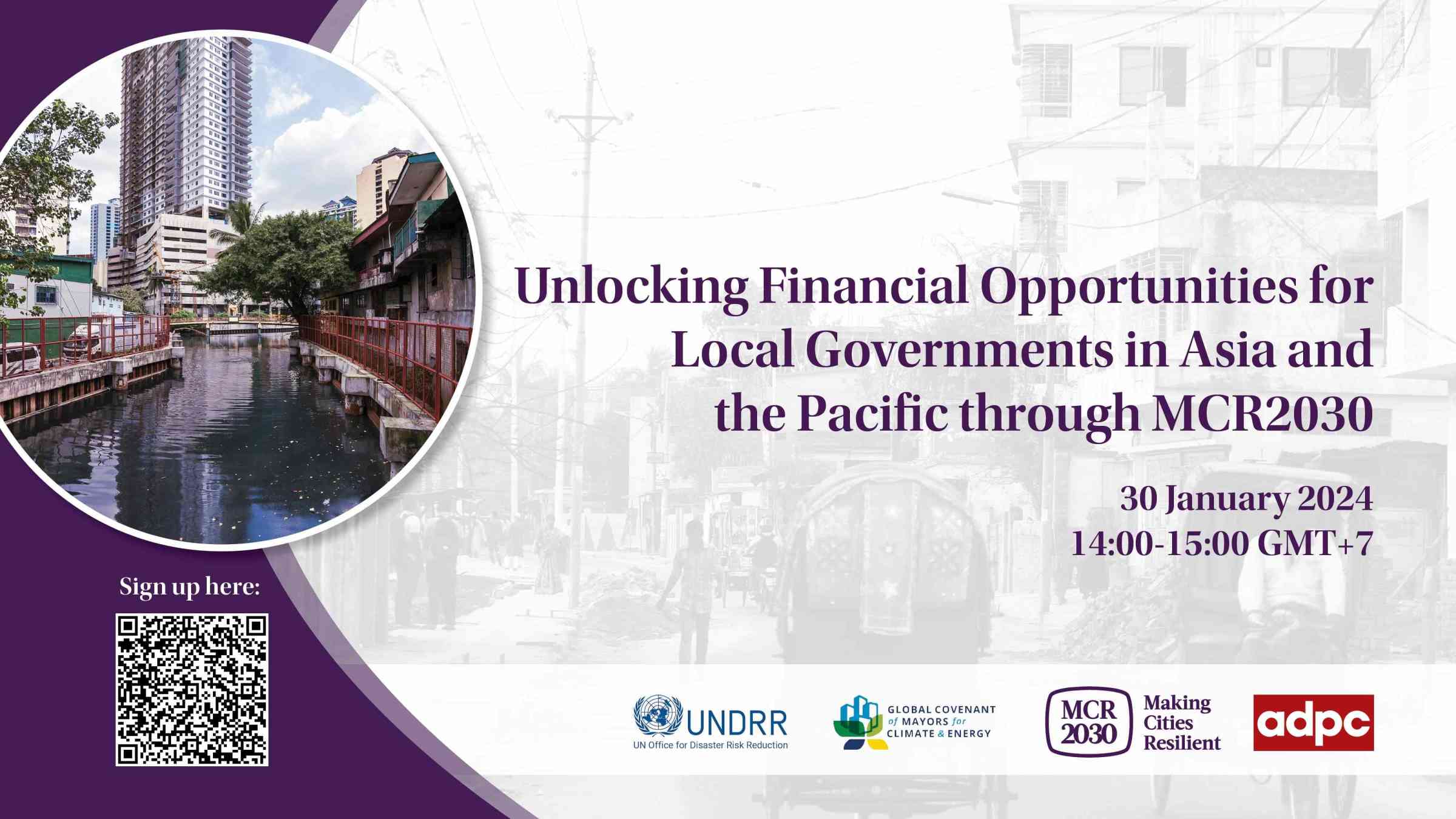Regional Office for Asia & the Pacific
The UNDRR Regional Office for Asia and the Pacific supports disaster risk reduction efforts across the Asia-Pacific region.

The UNDRR Regional Office for Asia and the Pacific (ROAP) works with governments, United Nations Country Teams, regional and international organizations, and stakeholder groups, to protect people from disasters, build resilience and support sustainable development. ROAP covers 39 countries and 13 territories in Asia and the Pacific. It is based in Bangkok, Thailand, with a sub-regional office in Suva, Fiji, a liaison office in Kobe, Japan, and an office for North-East Asia in Incheon, Republic of Korea.
Featured engagements
The Government of the Philippines partners with the United Nations Office for Disaster Risk Reduction to host the next Asia-Pacific Ministerial Conference on Disaster Risk Reduction from 14 to 17 October 2024 in Manila.
The nominations for the 2024 Women’s International Network for Disaster Risk Reduction (WIN DRR) Leadership Awards are now open! Nominate yourself or others by 14 June 2024.
Women’s equal participation and leadership in public life, including disaster risk reduction, is both an important goal in itself and essential for reducing disaster risk and achieving a broad range of sustainable development goals.
Country information
Regional National Platforms, Sendai Focal Points and links to PreventionWeb country resources.
Regional cooperation
The Regional Office for Asia and the Pacific manages or engages with a number of platforms and programs to support disaster risk reduction efforts and accelerate implementation of the Sendai Framework for Disaster Risk Reduction in the region.
The APMCDRR is the main regional platform in Asia and the Pacific for promoting coordination and cooperation on DRR and the implementation of the Sendai Framework for Disaster Risk Reduction.
The APP-DRR Forum is an informal multi-stakeholder forum to promote disaster risk reduction in the Asia and Pacific region.
Stay updated
Contact us
Regional Office for Asia and the Pacific
UN Secretariat Building
76 Rajadamnern Nok Ave
Bangkok, 10200 Thailand
Phone: +66 02288 2745
Email: UNDRR-AP@un.org
Twitter: @UNDRR_AsiaPac
